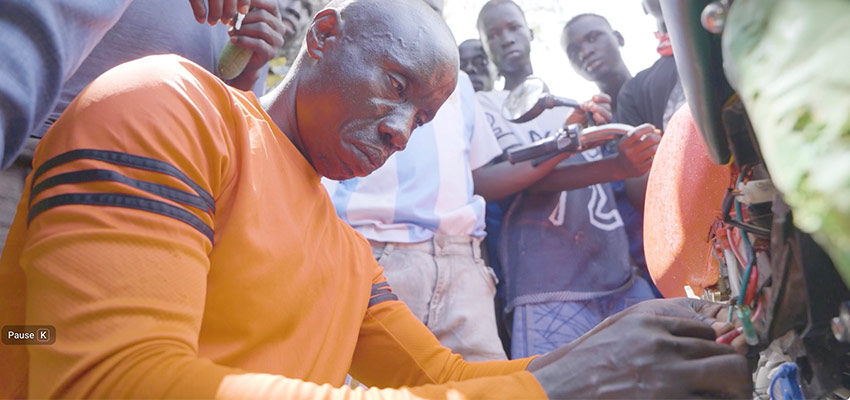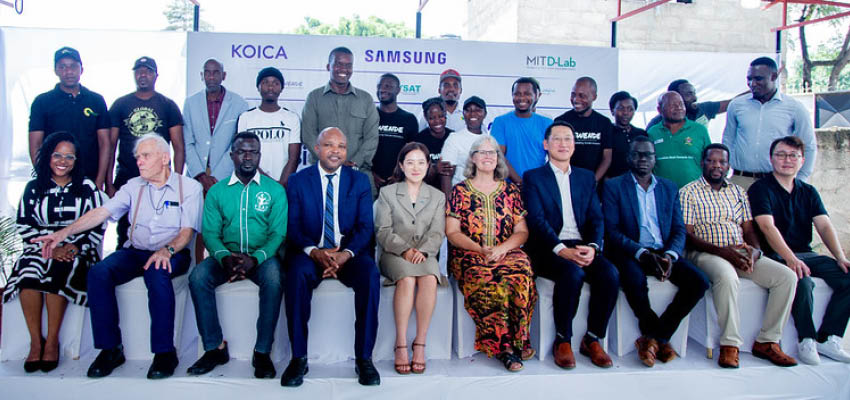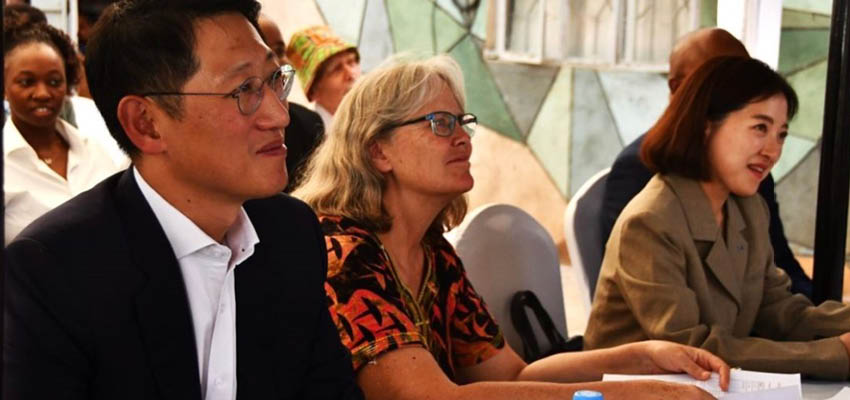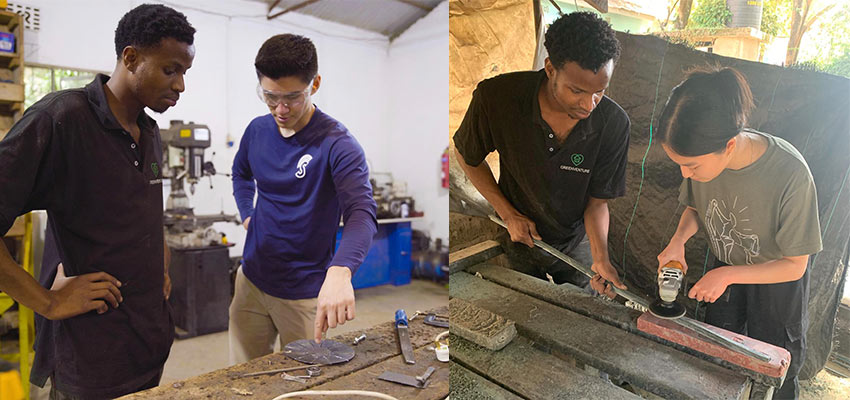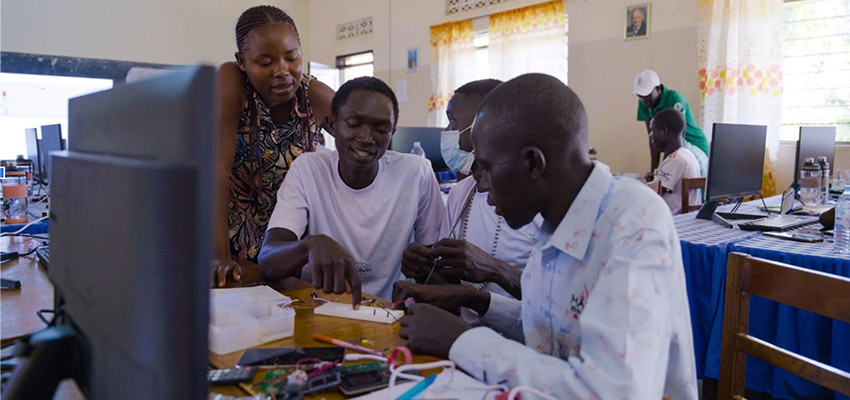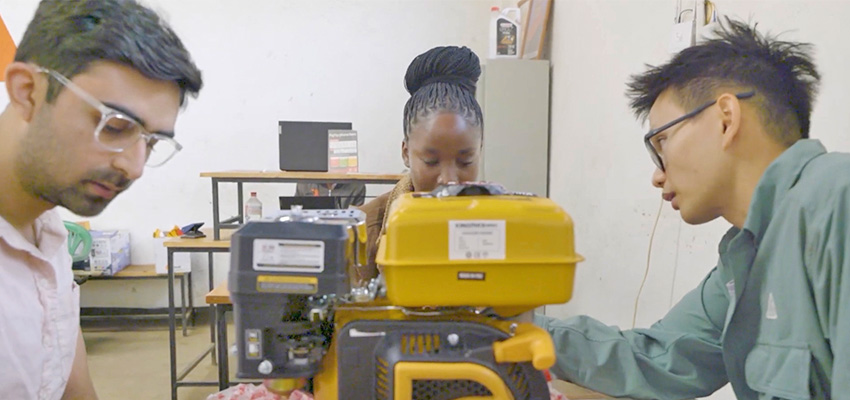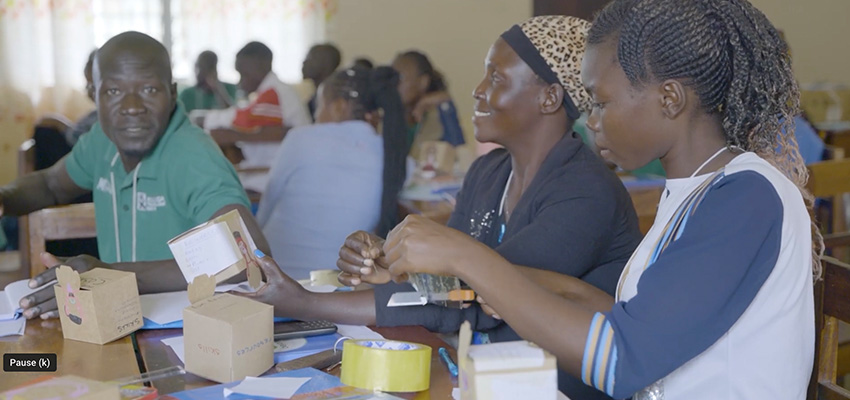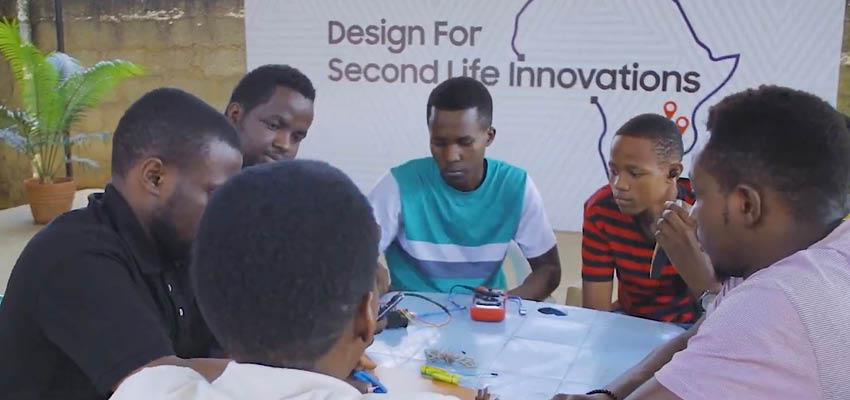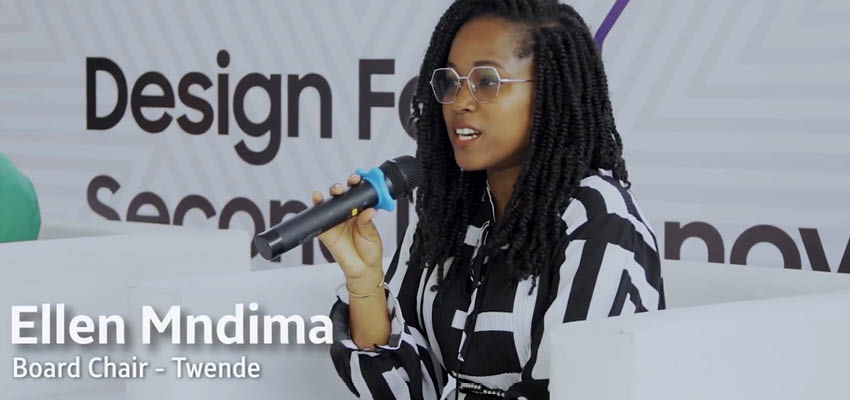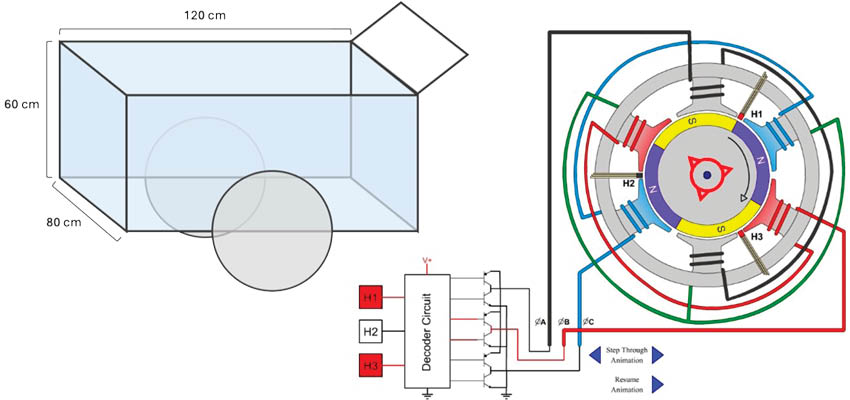
MIT D-Lab class
Hardware for International Development EC.751 / EC.793 (G)
- Fall 2024
Team
- Madeline Anderson, Department of EECS, MIT
- Devin Murphy, Department of EECS, MIT
- Walter Woo, Harvard Kennedy School, Harvard University
Community partner
Imvepi Refugee Settlement
Country
Uganda
Problem or opportunity
Currently, Ugandan refugees at the Imvepi Camp transport goods by manually pushing locally developed metal wheel carts. User assessments reveal that pushing wheel carts, especially with heavy loads over long distances and rough terrains, is extremely physically demanding. Additionally, wheel cart pushers that provide their services to customers would greatly benefit from improved methods for weighing loads to assist with accurate pricing.
Proposed solution
Motorizing the carts and incorporating a weighing mechanism would not only reduce the physical strain of transporting goods, but also empower Ugandan refugees to use the carts more effectively for business purposes. Collaborating with local community stakeholders, our team designed a wheel cart prototype featuring two additions: (1) a streamlined motorized wheel extension to ease pushing and (2) a cost-effective textile-based pressure sensing system for weighing goods.
Next steps
The introduction of a motorized wheel cart and accompanying low-cost technology for load measurement presents a promising opportunity to alleviate the physical burden faced by Ugandan refugees at the Imvepi camp and enhance their business operations. By addressing the challenges of manual load transport and incorporating a practical system for weight based pricing, this initiative has the potential to improve economic efficiency and quality of life. Future efforts will focus on the development of an Android application for real-time load monitoring, as well as evaluating the motorized cart’s carrying capacity and the feasibility of using local resources to power the cart.
More information
MIT D-Lab class: Hardware for International Development EC.751 / EC.793 (G)
MIT D-Lab program: Design for Second Life Innovations
Contact
Heewon Lee, MIT D-Lab Lecturer and Research Associate


